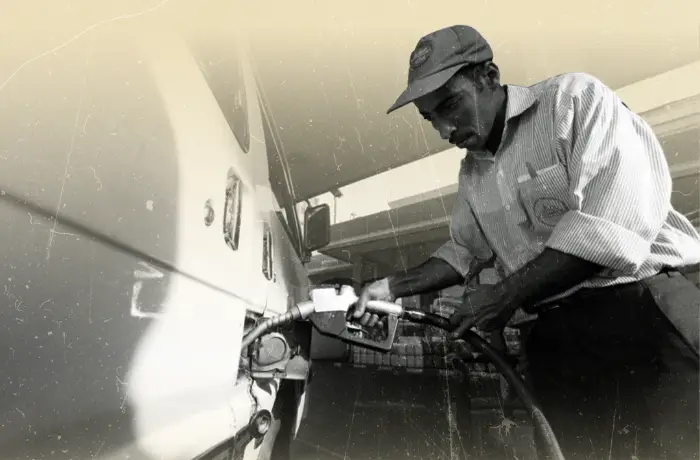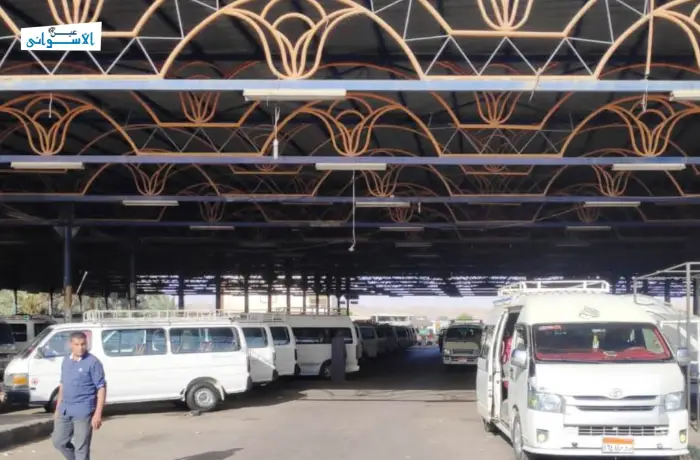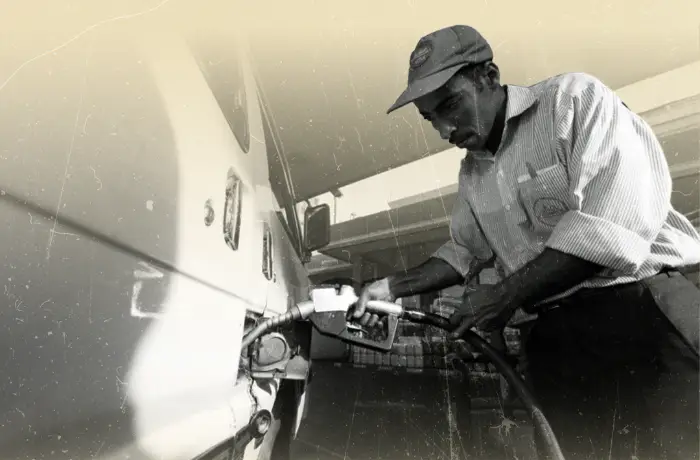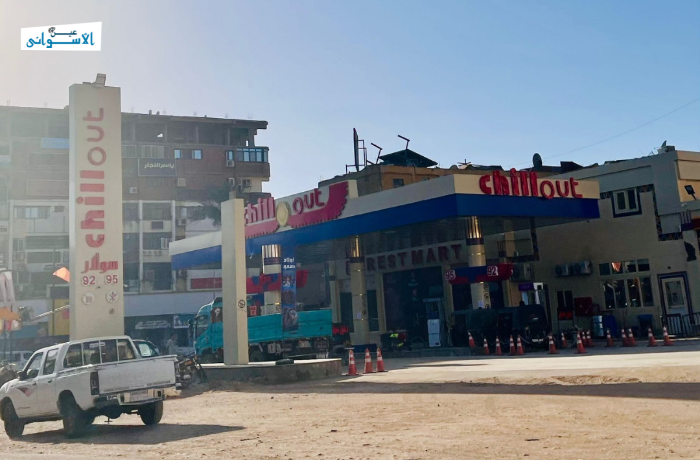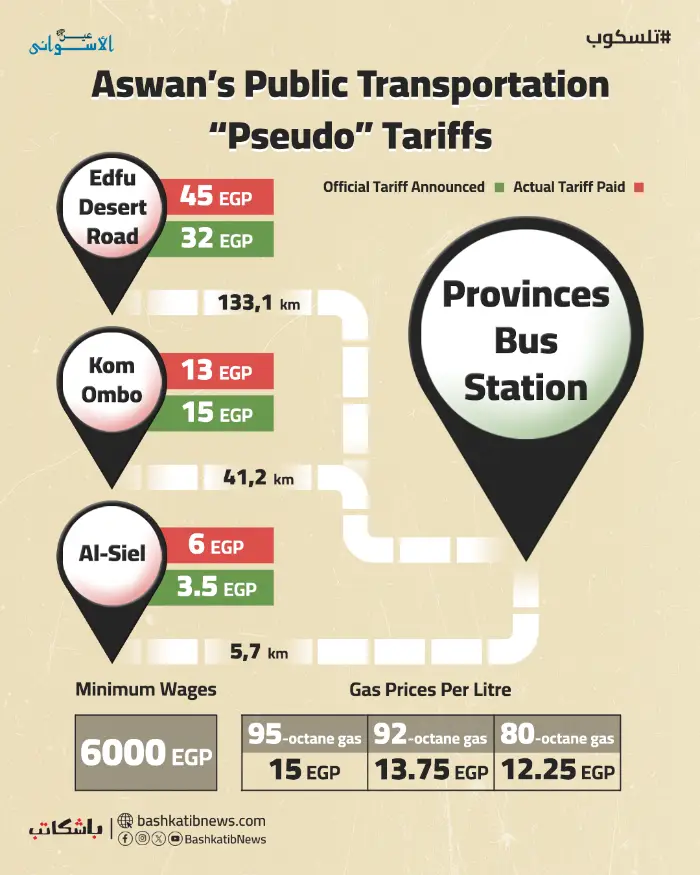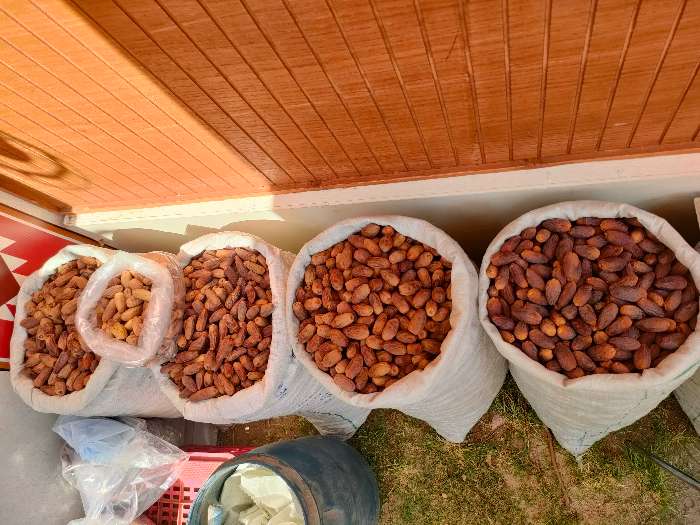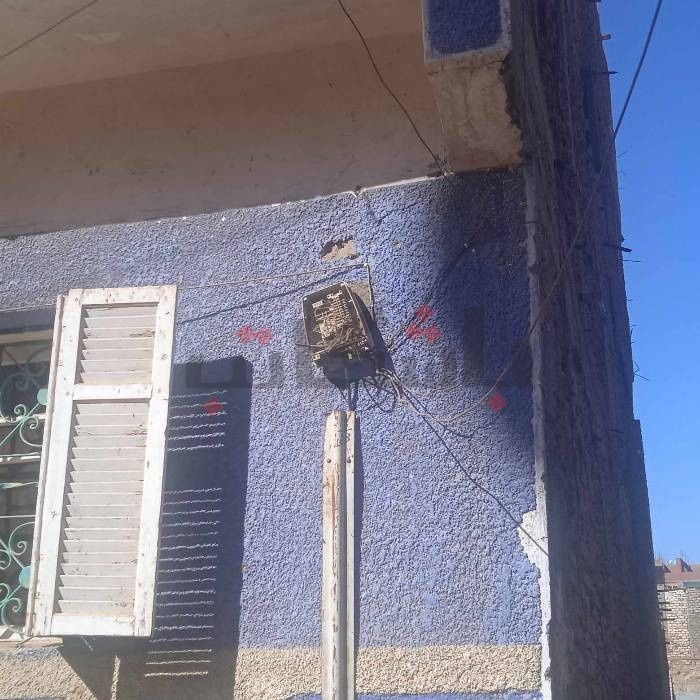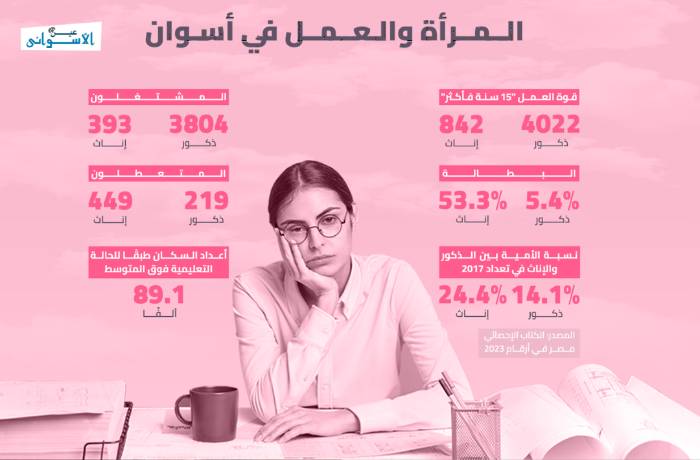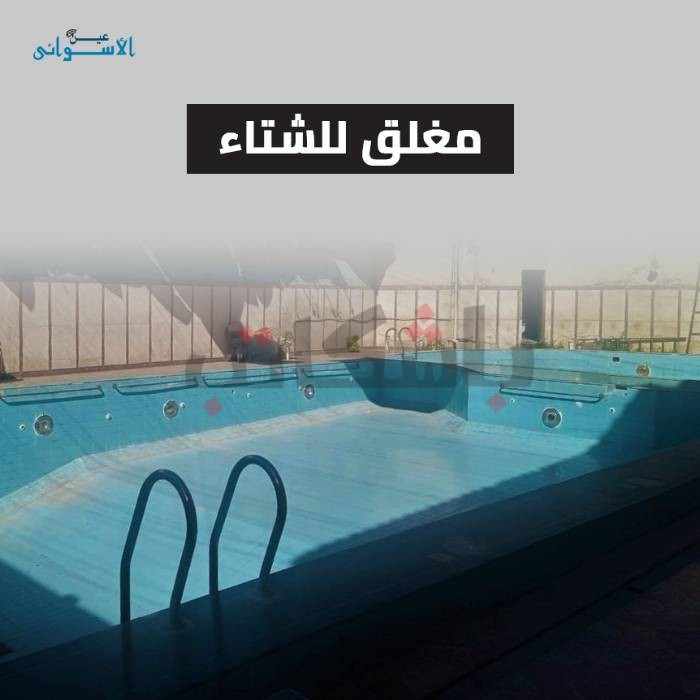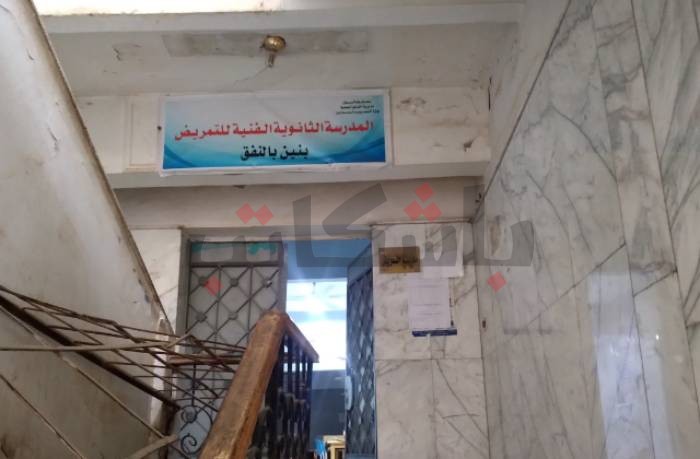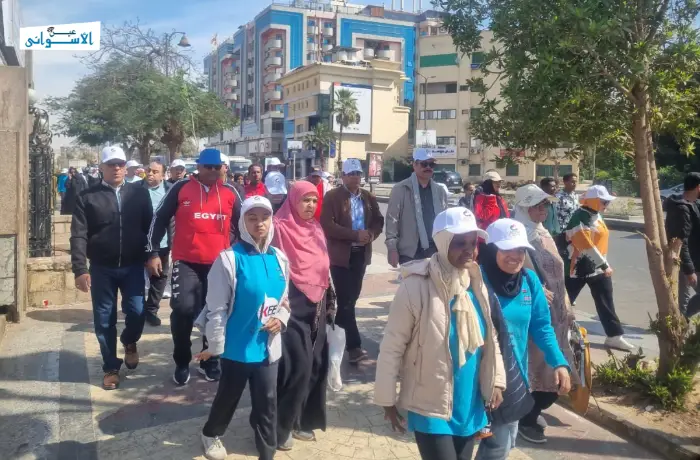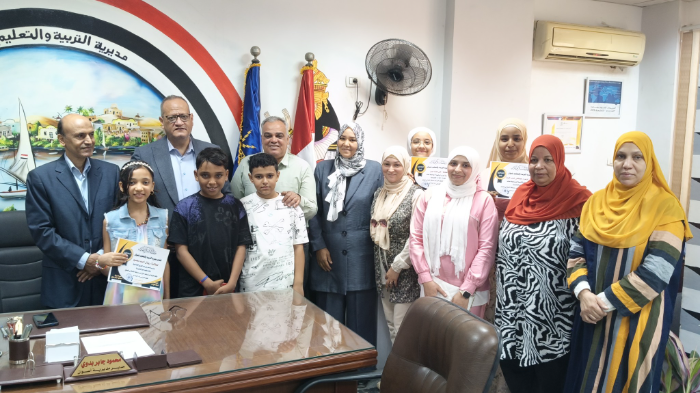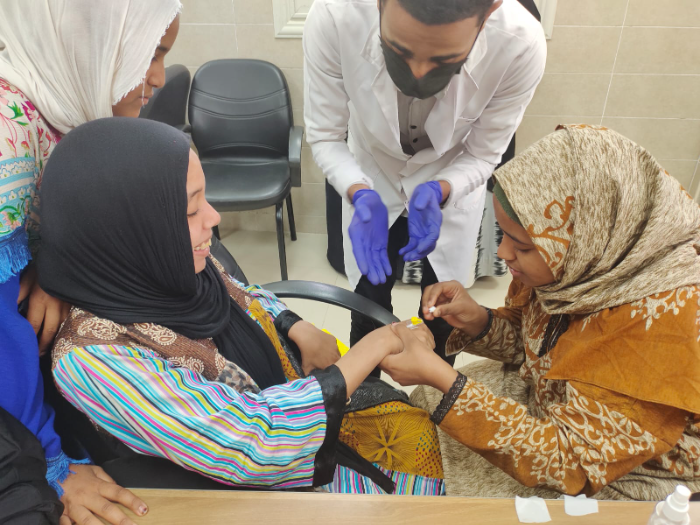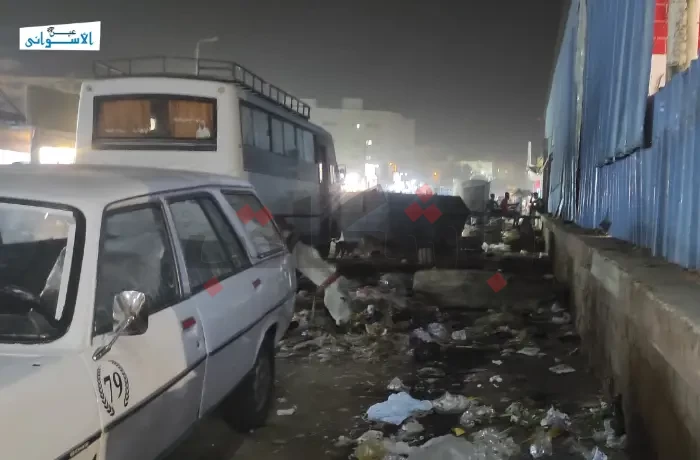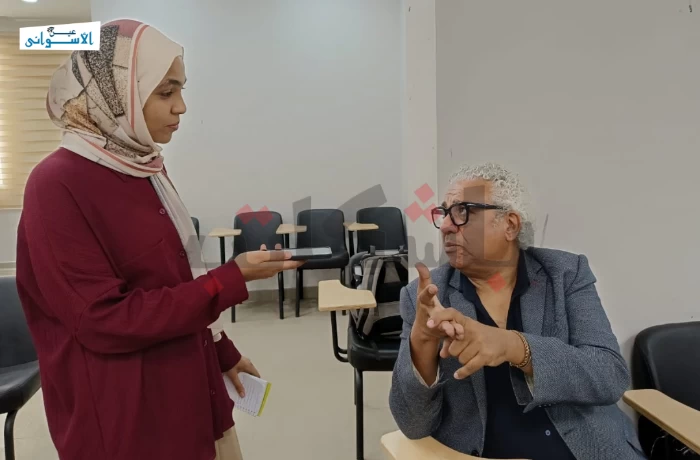It started as a normal day for Abdullah Badawi, an employee in the engineering and contracting field; last Saturday, 27th July, he headed to Kom Ombo bus station to take a microbus heading to Nasr El-Nuba. The station was crowded, the passengers were involved with the drivers in heated arguments, yet Abdullah, as he took his seat in one of the vehicles, realised the reason behind this ruckus when the driver yelled at him: “the fare is 15 pounds now sir! Gas and diesel prices have increased!”
Arguments and quarrels around gas prices have accumulated turning into a wave of anger enveloping public transportation users and cars’ owners, following the Fuel Automatic Pricing Committee (FAPC) announcement of raising fuel prices between 10% to 15%, as the official gazette published the new prices on last 25th July. These decisions were accompanied by increases in the “tariff” of internal transportation in Aswan’s towns.
The Ministry of Petroleum announced raising the prices of 80-octane gas from 11 EGP to 12.25 EGP per litre, 92-octane gas from 12.50 EGP to 13.75 EGP per litre, 95-octane gas from 13.50 EGP to 15 EGP per litre, and the selling price of a litre of diesel is 11.50 EGP.
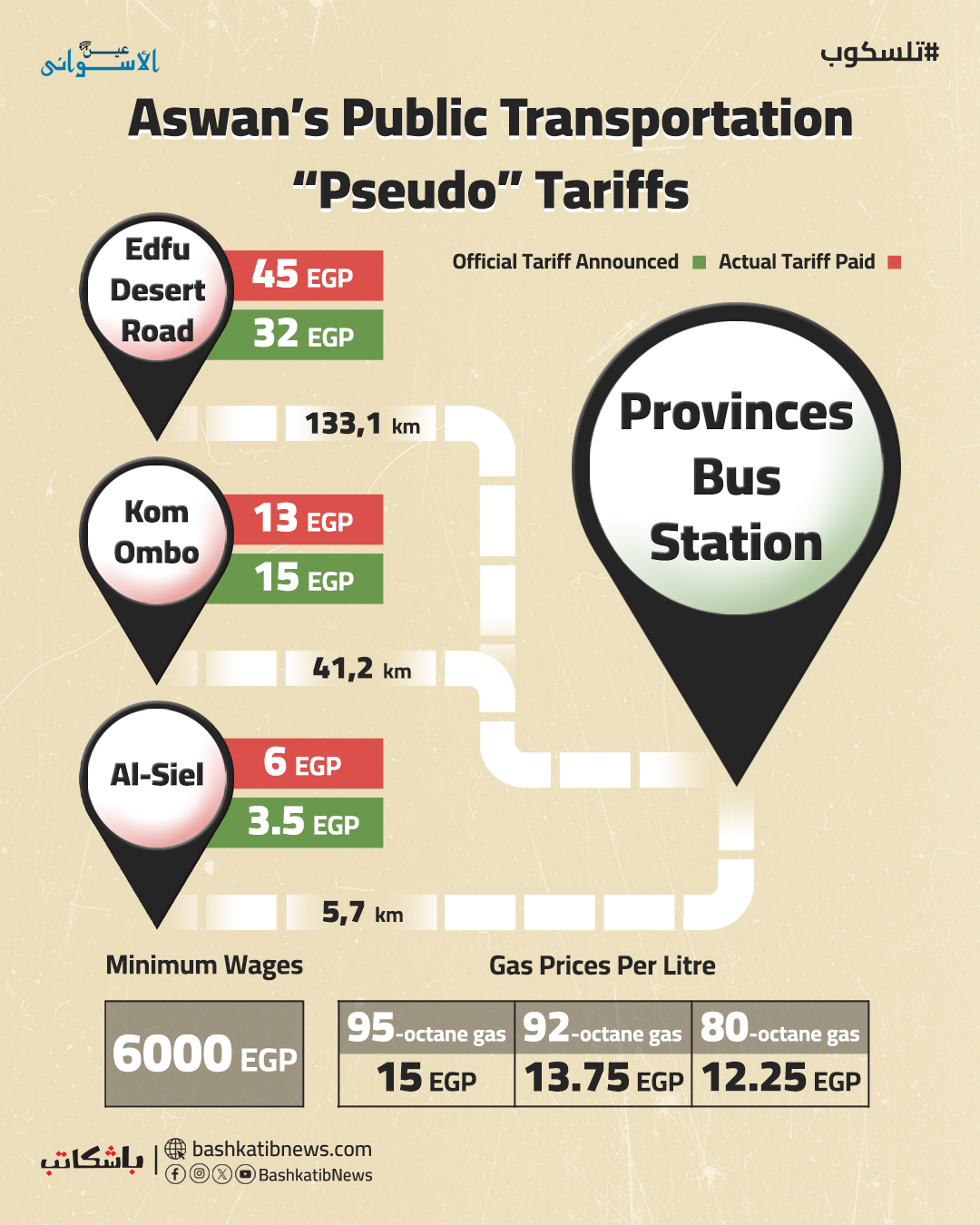
Fluctuating Prices
The rising rates of prices and consequently tariffs have shaken Abdullah’s accounts and budget. Abdullah’s job forces him to travel daily, starting off from Kom Ombo to Nasr El-Nuba, and twice weekly he takes a microbus from Kom Ombo to the Provinces Bus Station in Aswan city, “I used to pay 13 EGP for the one-hour trip from the station in Aswan city to Kom Ombo station, whereas the governorate’s official tariff was 11.50 EGP, however, the official tariff today is 13 EGP, but the drivers demand a 15 EGP fare,” clarified Abdullah to Ain Al-Aswani.
Abdullah explains his budget saying, “I used to commute from Nasr El-Nuba to Kom Ombo for 6 EGP, at that time the official tariff was 3.25 EGP, now drivers demand 7 EGP, with an increase over 50%, raising the commuting transportation expenses to 225 EGP,” then he adds that the station’s administration’s stance is rather ambiguous, if passengers object to the fare that the drivers force upon them, the drivers refuse to start the trip, and as the passengers need to see to their interests, everyone is forced to pay the fare the drivers want.
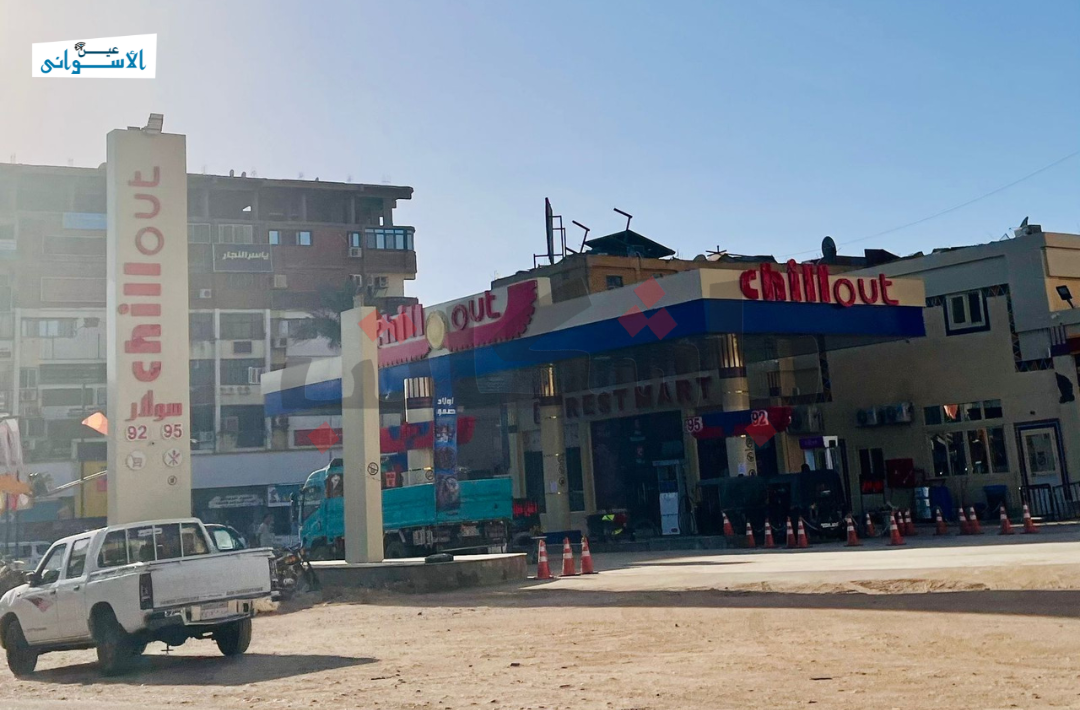
Lack of Supervision
The same day the decision was implemented, Ain Al-Aswani monitored the tariffs applied in Edfu Station, Al-Ramadi village route; a driver announced the increase of the fare to be 10 EGP amidst the complaints of some passengers, so the driver threatened not to start the trip unless everyone pays what he asked for, with the complete absence of supervision form the station’s administration. According to Aswan Governorate’s official gazette, Edfu-Al-Ramadi route tariff is 4.50 EGP only, yet passengers are forced to pay double the official one.
According to a number of citizens in different regions in Aswan governorate, they’re distressed by the increase of the local transportation fares in the governorate, which do not match the new tariffs the governorate announced on its official Facebook page, the distress was clearly expressed through the comments of the social media users who stressed on the necessity of imposing strict supervision on the public transportation drivers.
Cutting a Single Route into Pieces
During an investigative tour following the implementation of the new petroleum products’ prices, Major General Dr. Ismail Kamal, Governor of Aswan, stressed on the necessity of posting a warning sticker of the new tariff on the vehicles’ windows, in addition to installing explanatory panels inside every station, clarifying that tariffs were decided based on specific measures according to each route’s density inside the governorate’s borders, taking into account the prices of spare parts and car oil, aiming at achieving justice among passengers and drivers.
Nonetheless, the governor’s strict orders didn’t save Fatima Mohamed, as she commutes to school five days a week; Fatima takes a microbus from Al-Siel Station in Aswan city heading to her high-school in Corniche Street, and although the distance requires taking one means of transportation, according to the official routes for "service" vehicles, the microbus stops in the middle of the route and drops all the passengers there, and Fatima is forced to take another one to take her to school.
Instead of paying 3 EGP for commuting to school, Fatima pays now 6 EGP, with the total of 12 EGP per day, instead of the 6 EGP that she was supposed to pay according to the official tariff.
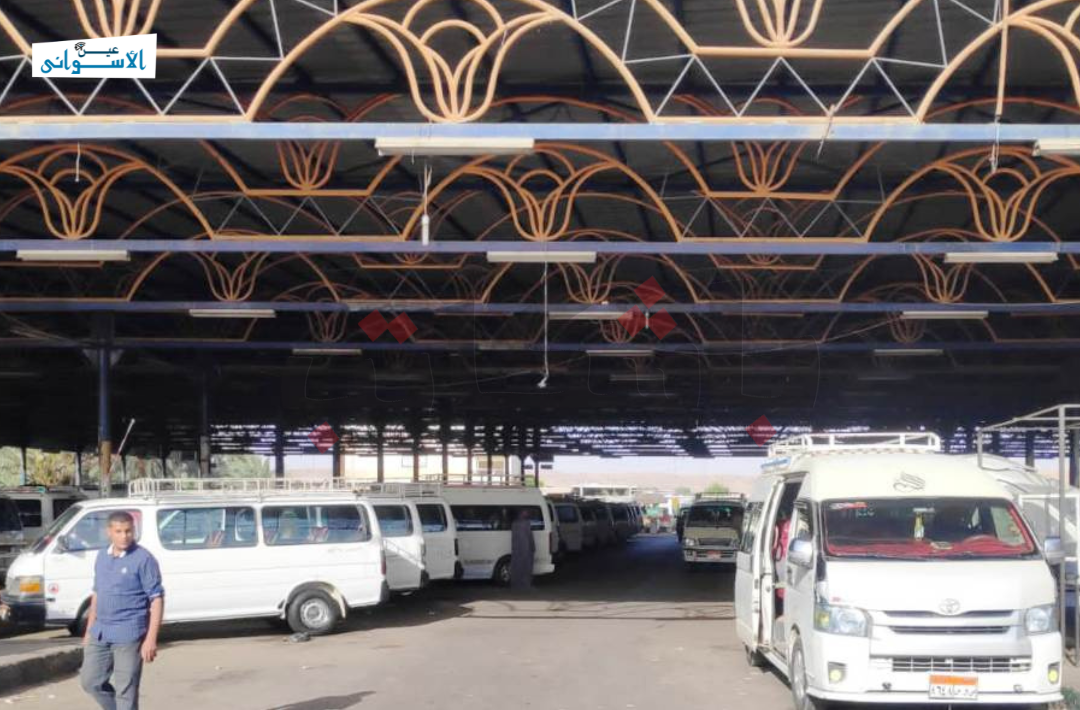
Unimplemented Decisions
Fatima and other passengers who frequent Al-Siel Station believe that this was not the first Aswan governor’s unimplemented decision, in July 2023, former governor, Major General Ashraf Attiya issued a decision of implementing a new tariff for public transportation after the rise in gas prices at that time; the former governor's decisions stated that the tariff for half the route between Provinces Bus Station and Al-Siel Station would be 1.25 EGP, and 3 EGP for the full route, the decision that didn’t help Fatima by any means since the unsupervised drivers didn’t heed to it.
“I used to spend only 240 EGP monthly on public transportation during commuting to school before the latest rise of the tariff, however, this increase will add to my expenses starting next school year in September, that's without adding the cost of transportation to private lessons," said Fatima in distress.
On the other hand, Karim Al-Sheshtawi, a driver in Aswan city, told Ain Al-Aswani that the tariff set doesn’t match with the required routes, explaining, “the nature of Al-Siel route to Aswan Corniche is different from Al-Sadaqa Al-Jadida area, where the roads do not run smoothly consuming more gas and draining the cars, this tariff is far from being fair.”
Reconsideration
Karim uses 92-octane gas and needs to fuel his car twice at the cost of 500 EGP during a one-day-shift, explaining, “whatever money I make, I spend quarter of it on instalments, another quarter I pay for gas, another quarter for maintenance, and what remains I take for my own expenses. Over time, natural gas damages any car, so I can’t resort to it despite its low cost,” then he adds, “after the last rise of prices, this profession can no longer help in making ends meet, we need supervision preventing drivers from dividing routes into many stops or driving in directions other than those designated for them, while reconsidering tariffs according to the geographical nature of the distance."
As for Saleh Mohamed, a driver in Aswan city, he is surprised by the official tariff that can hardly cover the car’s expenses, clarifying, “the governorate’s official tariff for the route between Al-Siel Station to the Provinces Bus Station is 3.50, which is illogical, especially for a 14-passengers-vehicle; this amount of money won’t cover a one-week expenses of fuel, maintenance, and traffic tickets, in addition to licence and insurance issuance expenses that can be over 10,000 EGP per car,” add to that 800 EGP, the cost of changing car oil weekly, let alone the oil the car consumes constantly.
It is worth mentioning that fuel prices have risen more than once during the last three years, increasing twice in 2024 only, and it won’t be the last. This comes as a prelude to a gradual future increase in fuel prices, according to Hamdy Abdulaziz, spokesperson of the Ministry of Petroleum, during a telephone interview on Extra News Channel, at the end of last July, aiming at reaching the break-even point between global prices and local costs.
